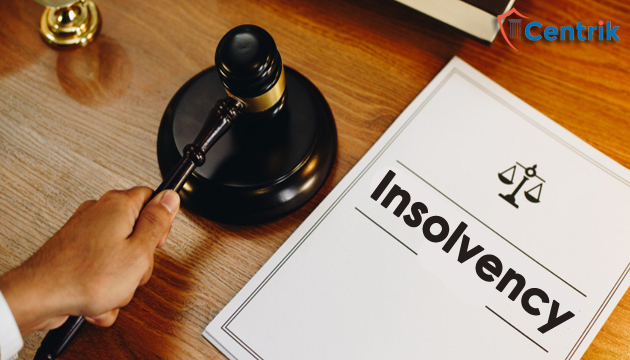
Status as on- 20/04/2021
The Insolvency & Bankruptcy Code, 2016 [As amended up to date] was brought into action with an aim to revive and provided assistance to the companies under distress, which would ultimately provide relief to its creditors also. Although the Creditors are given a haircut relief with regards to outstanding claim, whilst the unsatisfied part of the claim is waived off. Further, under IBC there is no provision which provides for the recovery of the unsatisfied part of the claim. That this particular question of law of recovery of the unsatisfied claim, was the most troublesome for the statutory authorities, on account of which came to be filed various petition before the Hon’ble Supreme Court of India.
The Hon’ble Supreme Court of India on 13.04.2021 while disposing off a number of batch matters filed before them by various Statutory Authorities like State commercial tax department, State mining department, income tax departments, etc., has answered the question whether after the approval of the resolution plan by the Hon’ble Adjudicating Authority i.e., Hon’ble National Company Law Tribunal [NCLT] a creditor is entitled to initiate any proceedings for recovery of the dues from the corporate debtor, which were not a part of the resolution plan so approved.
CASE: GHANASHYAM MISHRA & SONS PVT. LTD. VS. EDELWEISS ASSET RECONSTRUCTION COMPANY LTD., CIVIL APPEAL NO. 8129 OF 2019, DECIDED ON 13.04.2021
The Adjudicating Authority in the batch matters approved the resolution plan of the companies under Corporate Insolvency Resolution Process, exercising its powers under Section 31 of IBC. However, on appeal before the Hon’ble National Company Law Appellate Tribunal [NCLAT], the resolution plans were upheld and the Hon’ble NCLAT further taking into consideration the unsatisfied claims of the creditors held that:
- The workmen of the company had the liberty to move to labour courts for their pending claims/recovery.
- The legitimate due of various of various Governmental departments are dues outstanding and will be covered under operational debts.
- Corporate Guarantee can be invoked against the new entity after the successful resolution of the company.
As a result of the erroneous decision of the Hon’ble NCLAT the creditors, who were given liberty to recover their claim, were filing suit for recoveries against the new management after the successful resolution of the corporate debtor. That given the fact that IBC only promulgated the revival of the distressed corporate debtor, putting then again in a situation of financial distress despite going into corporate insolvency resolution process again or for that sake any other execution proceedings, is neither the aim nor the objective of IBC.
Decision by the Hon’ble Supreme Court of India:
The Hon’ble Supreme Court of India after taking into consideration the batch matters filed and the scheme behind the insolvency & Bankruptcy Code, 2016 held that:
- Once a plan is finalized by the Adjudicating Authority under Section 31 of the IBC, all the claims which are there in the resolution plan will be final and binding on the parties. The parties in this case will also include the statutory bodies i.e., the governmental organizations.
- Once the resolution plan is approved by the Adjudicating Authority, the claims which are not a part of the resolution plan shall vanish and no person shall have any liberty or right to initiate any fresh proceedings for the claim which is not a part of the resolution plan.
- The amendment to Section 31 of IBC, is clarificatory and declaratory in nature and therefore shall come into effect from the date on which IBC came into force.
- All the dues of the Statutory and Governmental Authorities [be it Central, State or Local] which are were not a part of the resolution plan shall cease to exist and no separate recovery proceedings for the same shall be allowed after the approval of resolution plan under section 31 by the Adjudicating Authority.
Conclusion:
The Hon’ble Supreme Court of India vide its judgment has made the objective of the Insolvency & Bankruptcy Code, 2016 [As amended up to date] very clear. That is to say that the Hon’ble Supreme Court reiterating the intent of the Code had made it clear that the Code permits the a restructuring/revival process, whereby which the liabilities of a corporate debtor can be reset and the new management be enabled to begin with a clean slate for reviving the business of the corporate debtor.
Further, the Hon’ble Supreme Court also clarified that once a resolution plan under Section 31 is approved by the Adjudicating Authority it shall be binding on all the stakeholders of the corporate debtor. No further legal action shall be permissible by creditor, whose claim has been rendered unsatisfied as per the resolution plan.
Disclaimer – The above article is based on the personal interpretation of the related orders and laws. The readers are expected to take expert opinion before relying upon the article. For more information, please contact us at rera@centrik.in




 join For Updates
join For Updates